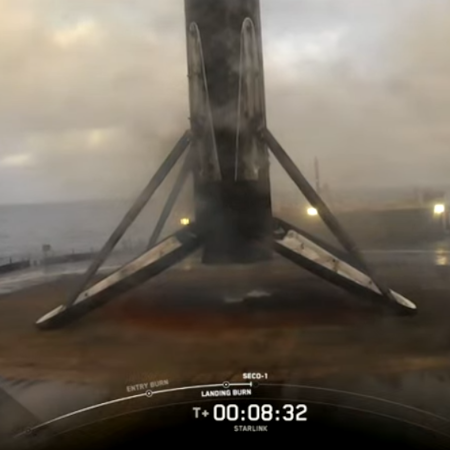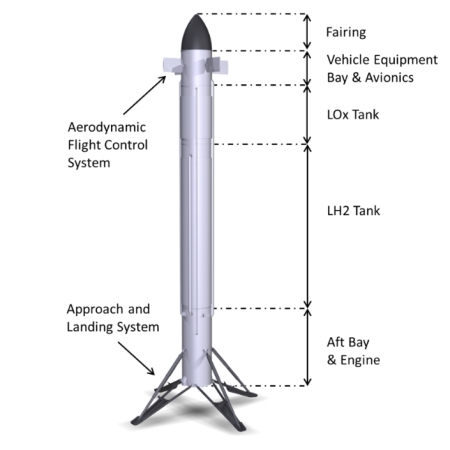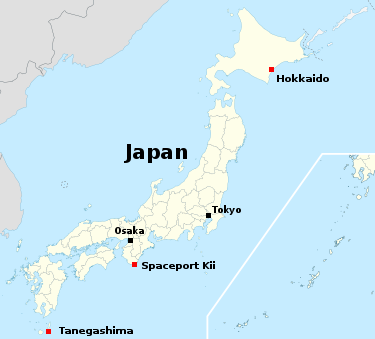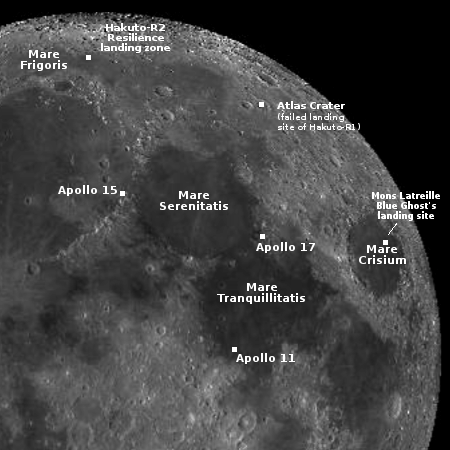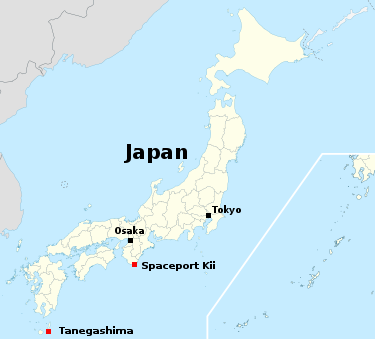Japanese bank invests in Starlab
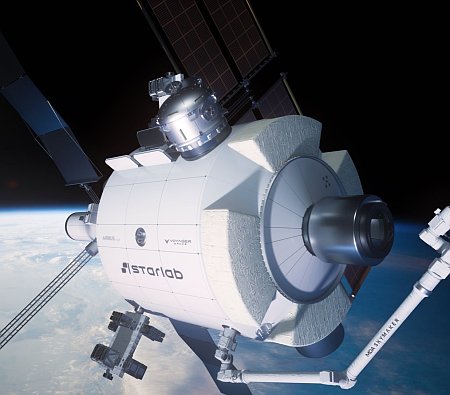
The Starlab design in 2025. Click
for original image.
The consortium building the Starlab space station today announced that the Sumitomo Mitsui Trust Bank of Japan has invested in the project.
Through this investment, SuMi TRUST Bank will support Starlab’s efforts to develop and commercialize space station technologies, while exploring opportunities for collaboration that contribute to the advancement of space-related industries and broader industrial development in Japan and globally.
The press release provided no other information, other than this boilerplate PR jargon. The amount invested was not mentioned.
Regardless, the investment tells us two things: First, Starlab has now raised more than $400 million in investment capital, and appears in a solid position to begin work on its large single module station to be launched on Starship.
Second, the investment in this American-based space project by this Japanese bank speaks volumes about the sad state of Japan’s own commercial space industry. Other than the lunar lander Ispace, Japan has seen little success from any other major rocket startups. One rocket startup, Interstellar, has obtained some investment capital, but the development of its rocket seemingly stopped for the past five years. Another, Space One, has had one launch failure. And though Honda has completed a successful vertical take-off and landing of a small rocket prototype, it doesn’t expect to attempt an orbital launch until 2030.
Meanwhile, the two rockets owned by Japan’s space agency JAXA, the H3 and Epsilon, are grounded because of launch failures.
It appears this bank believes it is more likely to earn profits from this American project than from these other Japanese space efforts.

The Starlab design in 2025. Click
for original image.
The consortium building the Starlab space station today announced that the Sumitomo Mitsui Trust Bank of Japan has invested in the project.
Through this investment, SuMi TRUST Bank will support Starlab’s efforts to develop and commercialize space station technologies, while exploring opportunities for collaboration that contribute to the advancement of space-related industries and broader industrial development in Japan and globally.
The press release provided no other information, other than this boilerplate PR jargon. The amount invested was not mentioned.
Regardless, the investment tells us two things: First, Starlab has now raised more than $400 million in investment capital, and appears in a solid position to begin work on its large single module station to be launched on Starship.
Second, the investment in this American-based space project by this Japanese bank speaks volumes about the sad state of Japan’s own commercial space industry. Other than the lunar lander Ispace, Japan has seen little success from any other major rocket startups. One rocket startup, Interstellar, has obtained some investment capital, but the development of its rocket seemingly stopped for the past five years. Another, Space One, has had one launch failure. And though Honda has completed a successful vertical take-off and landing of a small rocket prototype, it doesn’t expect to attempt an orbital launch until 2030.
Meanwhile, the two rockets owned by Japan’s space agency JAXA, the H3 and Epsilon, are grounded because of launch failures.
It appears this bank believes it is more likely to earn profits from this American project than from these other Japanese space efforts.

